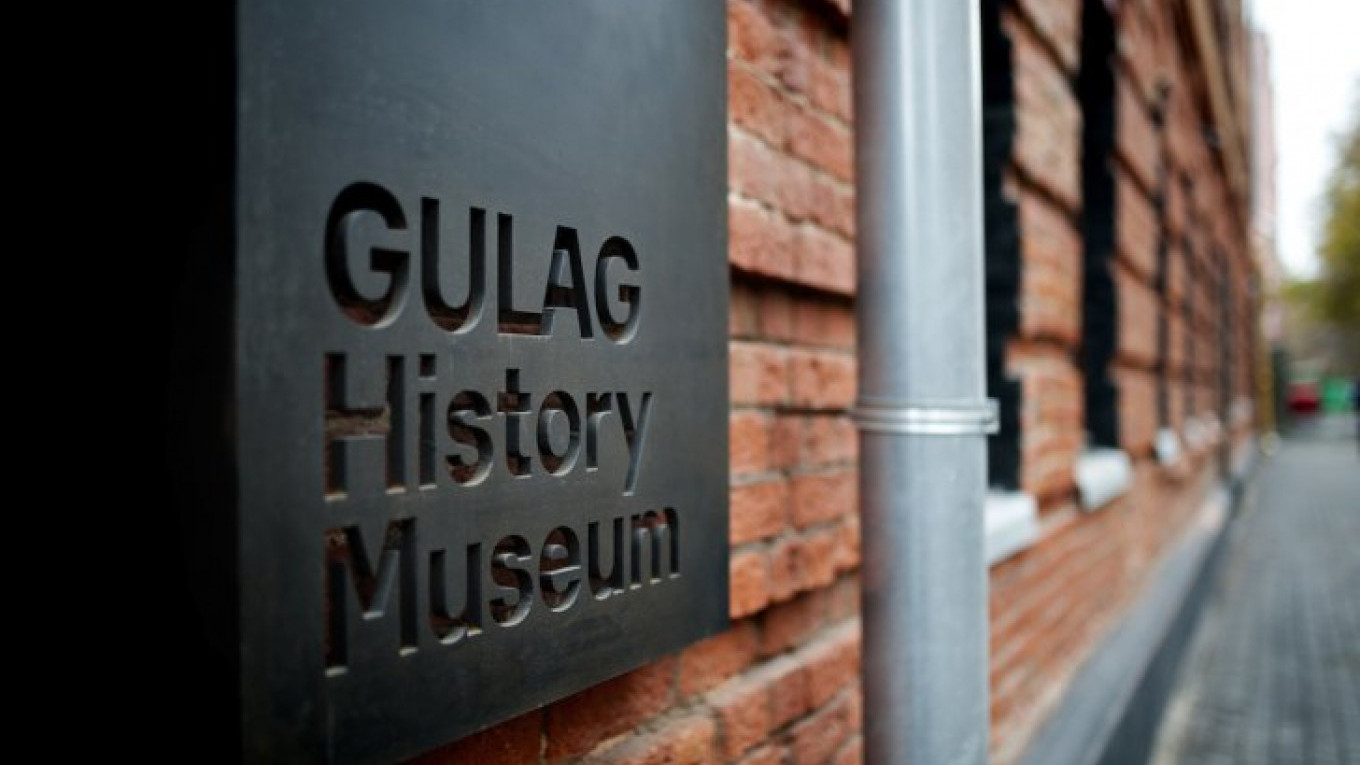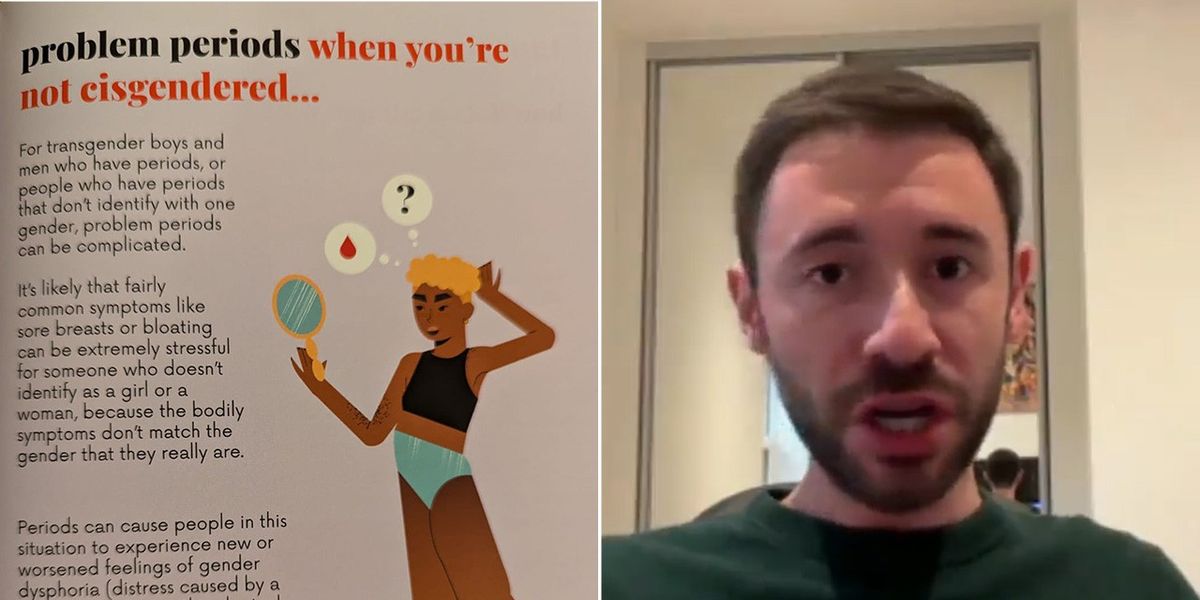 Moscow's GULAG History Museum
Pascal Dumont
Moscow's GULAG History Museum
Pascal Dumont
High-ranking Kremlin officials and Russia’s security services were behind the decision to shutter Moscow’s award-winning Gulag History Museum, Moscow officials close to the matter have said.
Moscow authorities announced Wednesday that the museum, which chronicles one of the darkest chapters of the Soviet Union’s repressions, would temporarily close due to “fire safety violations” that “pose a threat to the safety and comfort of visitors.”
But the museum’s closure was political rather than technical.
“We’ve sent inspection teams to the museum multiple times this year. They didn’t find any fire safety violations,” a Moscow government official told The Moscow Times.
According to another Moscow official, the future of the museum — which was named Europe’s best museum in 2021 — “remains unclear.”
Both officials, who spoke on condition of anonymity due to the sensitivity of the matter, admitted that Moscow City Hall was pressured to close the museum’s doors at the “strong recommendation from senior Kremlin figures and people from the Federal Security Service [the successor to the Soviet KGB].”
Moscow officials were not told the reason for the Kremlin’s decision.
Sources in the city government called the fire safety violations a “smokescreen hiding the real reasons.”
The closure may be linked to the museum’s recent Prayer of Remembrance event dedicated to preserving the names of victims of Stalinist repressions.
That event took place in the museum’s courtyard on Oct. 30 after authorities refused to authorize a public gathering for the Day of Remembrance of the Victims of Political Repressions, ostensibly because of Covid-19 restrictions, the independent news outlet Mozhem Obyasnit reported.
The museum’s closure came as a complete surprise to museum management and staff, who learned about it on the same day as the authorities’ announcement.
They had been notified of an upcoming inspection a week prior, according to socialite Ksenia Sobchak, President Vladimir Putin’s alleged goddaughter.
First established in 2001, the Gulag History Museum tells visitors the story of the Soviet Union’s vast network of forced labor camps, as well as their legacy in modern Russia, with artifacts gathered from all over the country.
Russian authorities have worked to downplay Soviet-era repressions in recent years, an effort that has intensified since the full-scale invasion of Ukraine.
Memorial, the country’s foremost organization documenting Stalinist repressions, was shut down, while the government has signaled plans to halt the rehabilitation of Stalin’s victims and reconsider past rehabilitation rulings. At least 4,000 rehabilitation decisions have since been revoked.
Memorial plaques from the Posledniy Adres [Last Address] project, which commemorates victims at the site of their final residence, have also been quietly taken down in many Russian cities.
Neither Moscow City Hall nor the Gulag History Museum’s press office commented further.
But in a surprise move, Elizaveta Likhacheva, director of the Pushkin State Museum of Fine Arts in Moscow, slammed the Gulag History Museum’s closure on Thursday.
“In general, I will conclude that this is stupidity. In the words of Comrade Stalin, ‘stupidity bordering on crime’,” she told the Business FM radio station.
A Message from The Moscow Times:
Dear readers,
We are facing unprecedented challenges. Russia's Prosecutor General's Office has designated The Moscow Times as an "undesirable" organization, criminalizing our work and putting our staff at risk of prosecution. This follows our earlier unjust labeling as a "foreign agent."
These actions are direct attempts to silence independent journalism in Russia. The authorities claim our work "discredits the decisions of the Russian leadership." We see things differently: we strive to provide accurate, unbiased reporting on Russia.
We, the journalists of The Moscow Times, refuse to be silenced. But to continue our work, we need your help.
Your support, no matter how small, makes a world of difference. If you can, please support us monthly starting from just $2. It's quick to set up, and every contribution makes a significant impact.
By supporting The Moscow Times, you're defending open, independent journalism in the face of repression. Thank you for standing with us.
Continue
![]()
Not ready to support today?
Remind me later.

 By The Moscow Times | Created at 2024-11-14 18:35:35 | Updated at 2024-11-22 19:38:37
1 week ago
By The Moscow Times | Created at 2024-11-14 18:35:35 | Updated at 2024-11-22 19:38:37
1 week ago








